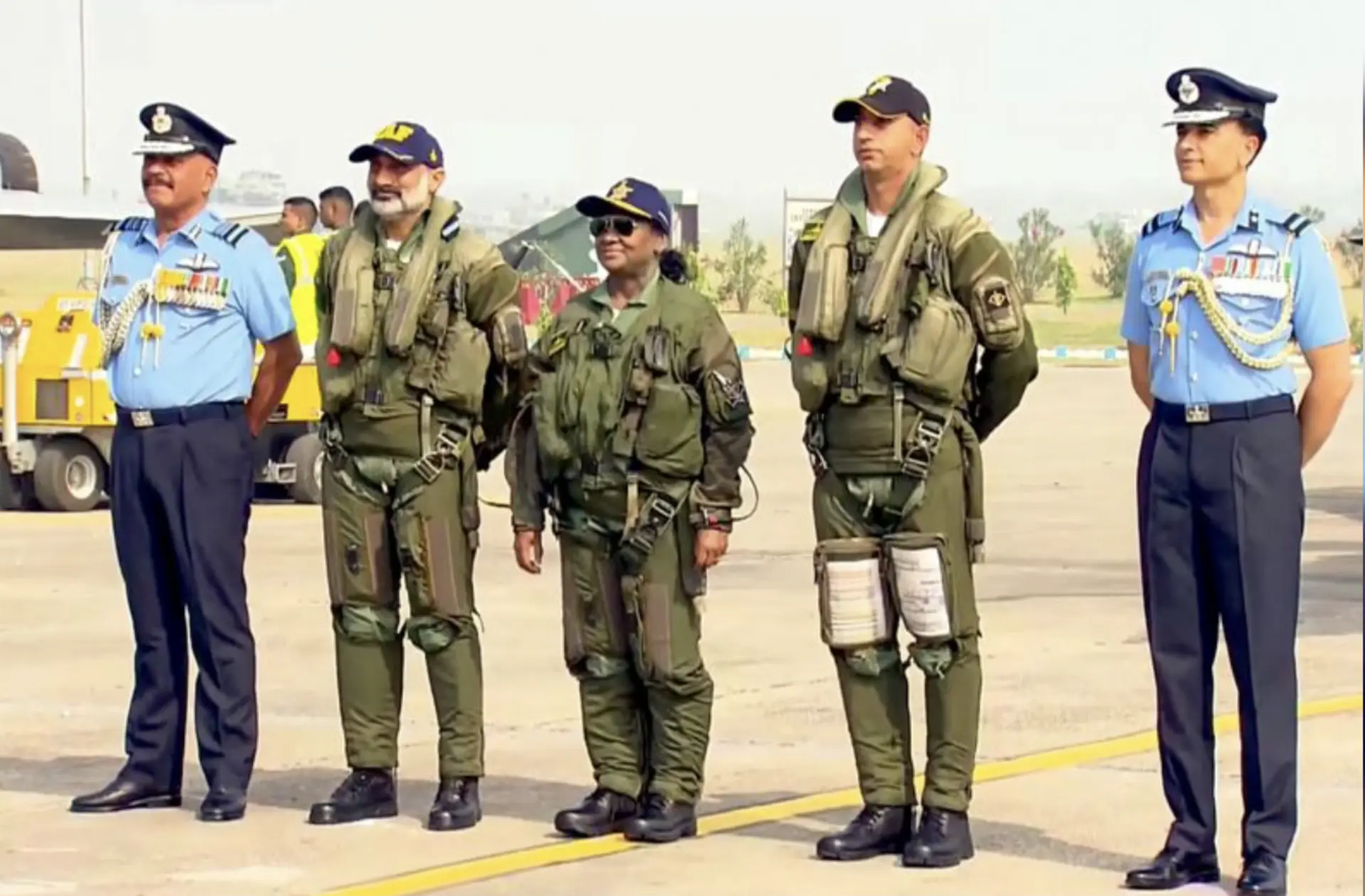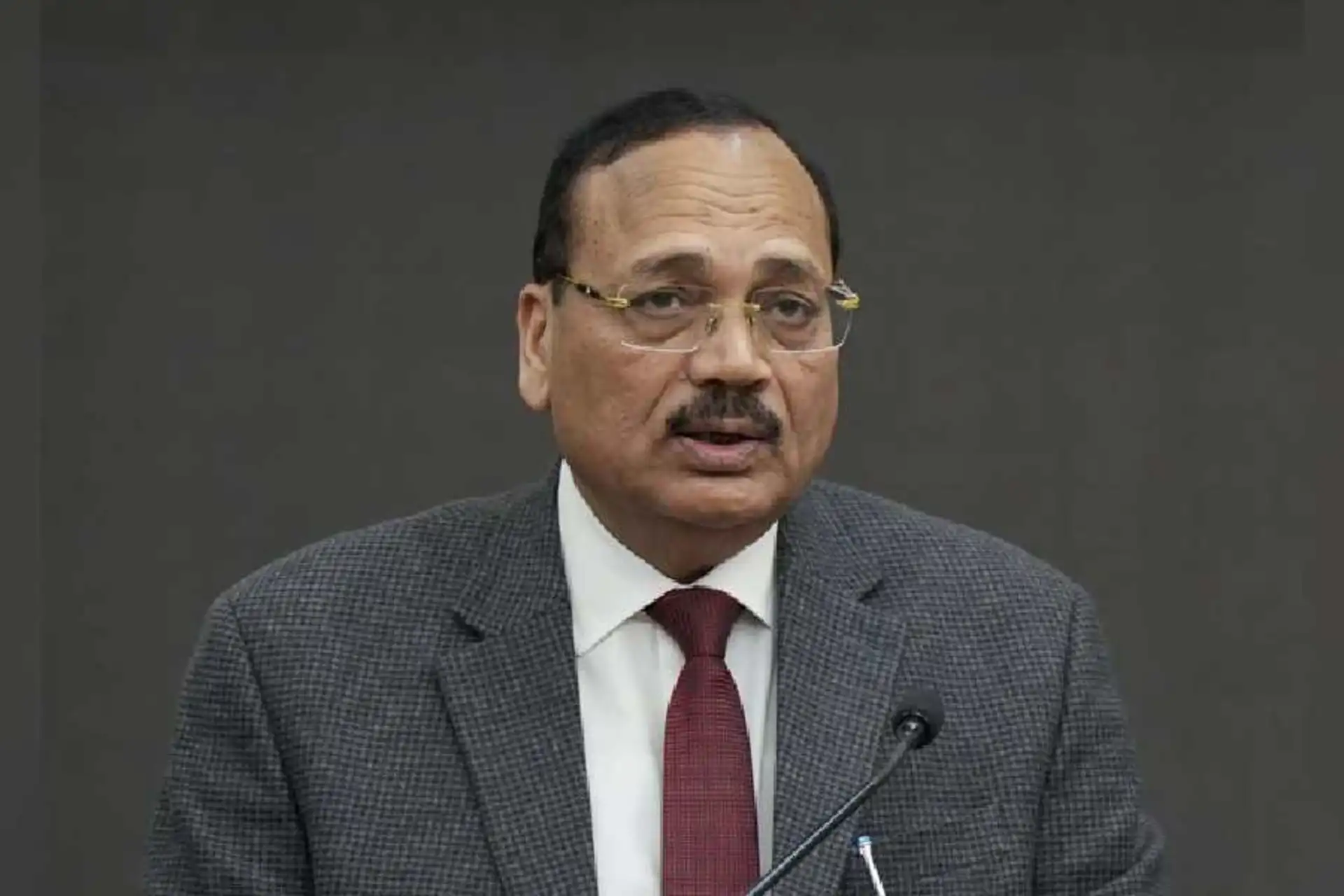
It was in Canberra, on October 10, 2022, when a journalist asked External Affairs Minister Dr. S. Jaishankar if India would lessen its reliance on Russia for weapons given President Vladimir Putin’s military aggression against Ukraine. Jaishankar’s answer made him a social media star back home, it stunned the West and cleared India’s stance on the Russia- Ukraine war. The diplomat turned minister answered, “That inventory actually grew for a variety of reasons – you know, the merits of the weapon systems themselves, but also because, for multiple decades, western countries did not supply weapons to India and in fact saw a military dictatorship next to us as the preferred partner”, aiming at the west for their cold war bonhomie with Pakistan.
The External Affairs Minister clarified that India would safeguard its national interests first even if it leads to drawing the ire of the West. Nothing changed since then, as the world watched keenly, PM Modi ended his two-day visit to Russia, embracing the long strategic partnership between the two nations and managing India’s strategic interests quite well with the right choice of words. During his address to the Indian Diaspora, PM Modi hailed Putin’s leadership in strengthening the bilateral relationship over the past two decades talking about India-Russia friendship he said, “On hearing the word Russia, the first word that comes to mind of every Indian is India’s “sukh-dukh ka Saathi” and “bharosemand dost”,”.
He continued and said, “No matter how low the temperature dips below minus during Russian winter, India-Russia friendship has always remained in ‘plus’, it is full of warmth. This relationship is built on the strong foundation of mutual trust and mutual respect”. Marking his sixth visit to Russia, PM Modi said, “This is the sixth time I have come to Russia in the last 10 years, and in these years, we have met each other 17 times. All these meetings have increased trust and respect. When our students were stuck in the conflict, President Putin helped us in getting them back to India. I once again thank the people of Russia and my friend, President Putin for it”.
Notably, since 24th Feb 2022, when the Russia-Ukraine war started, the Western democracies kept Russia on their radar, trying to push Russia’s economy to shambles with economic sanctions and reacting sharply to the nations that interacted with Russia. The 32-nation, western military alliance, NATO, posed a big threat to Russia marking the return of the old Cold War days. Interestingly, fighting it all alone, Russia needed a rescue for its economy which was moving towards the brink and it came in the form of China which helped the Russian economy to stay afloat. Sending a strong signal to the West, Xi Jinping chose Russia as his first destination in March 2023, after his re-election last year. Vladimir Putin too, reciprocating chose China as his first stop after being elected for the top post earlier in 2024.
India too refused to sccumb under the Western pressure and maintained a balanced stance since the beginning of the war and continued its strong economic ties with Russia. India’s trade with Russia reached a historic high of $65 billion in the last financial year and India kept buying Crude from Russia to keep the inflationary pressure off back home. India faced criticism for its preferences and taking a dig at India’s oil purchase from the Russians, Ukrainian Foreign Minister Dmytro Kuleba, in August 2022, had said, “When India purchases Russian crude oil (at a discount), they have to understand that the discount has to be paid by Ukrainian blood. Every barrel of Russian crude that India gets has a good portion of Ukrainian blood in it.”
Though West watchers say, India is completely sympathetic towards Russia in the war as it refrained from voting in the UN against Russia, refused to condemn Russia, continued its trade, and declined to sign the Ukraine Peace Communique under the leadership of Pawan Kapoor, the newly appointed Deputy NSA, saying “Both Parties Must Find It Acceptable For Peace”.
But India conveyed its appeal for peace from various platforms and PM Modi’s statement, “Today’s era not of war”, during an interaction with Putin in Samarkand for the SCO summit, echoed India’s clear stand on the war. As it is famously said, the choice of words carries all the weight in diplomacy, Indian diplomacy was at its best when PM Modi met Vladimir Putin on the same day when NATO celebrated its 75th anniversary in Washington DC, waiting for the new boss Mark Rutte to take over.
PM Modi was the first among the top leaders of the world who point out Russia’s attack on a hospital of children and during his meeting with Putin, he said, “Be it war, conflicts, terror attacks – everyone who believes in humanity is pained when there is loss of lives. But when innocent children are murdered, when we see innocent children dying, it is heart-wrenching. That pain is immense. I also held a detailed discussion with you over this.” However, Ukrainian President Volodymyr Zelensky reacted hastily to the visuals of Modi-Putin hugging each other and said: “It is a huge disappointment and a devastating blow to peace efforts to see the leader of the world’s largest democracy hug the world’s most bloody criminal in Moscow on such a day.”
Nonetheless, it won’t be wrong to sum it up that PM Modi’s visit to Russia sends a strong message to the West that despite the ongoing best phase of the relationship between Russia and China, the former still occupies an important place in India’s strategic calculus. Russia, too conferring the 'Order of St. Andrew the Apostle' on PM Modi in recognition of his exceptional contributions to enhancing bilateral relations between India and Russia cleared that it will maintain strong ties with its long-standing strategic partner India, irrespective of its strong bond with China. Finally, as PM Modi moved to Austria, his visit to Russia strengthened the “Druzhba” (Friendship in Russian), between both the nations while managing India’s strategic interests quite well.














